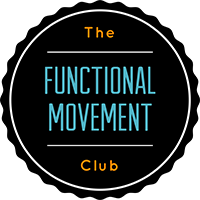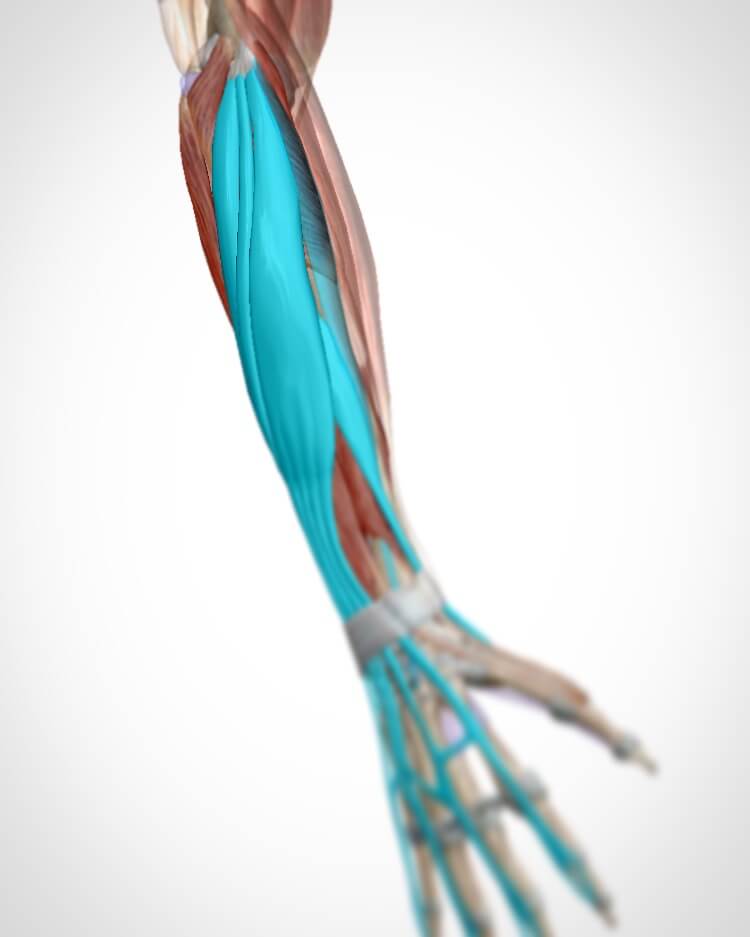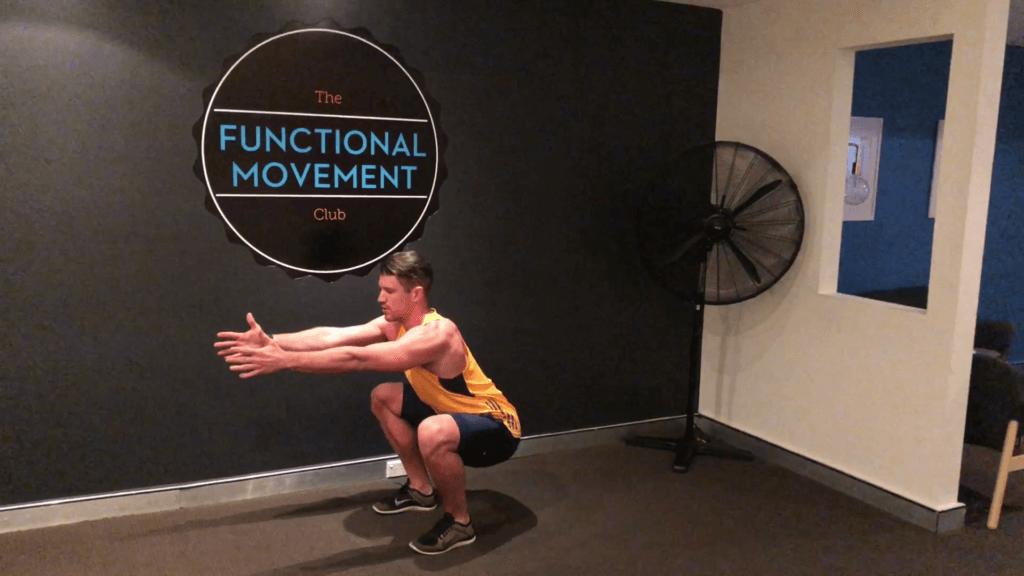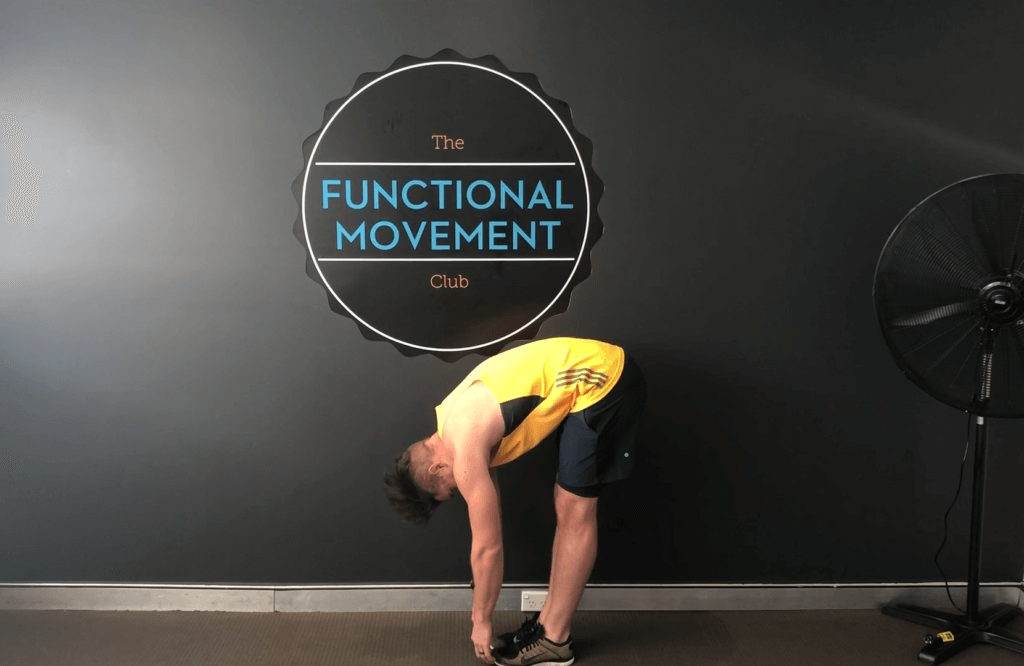How To: Exercise For 2 and Feel Awesome
“The American College of Obstetrics and Gynecology recommends 30 minutes or more of moderate exercise per day on most if not all days of the week, unless you have a medical or obstetric complication”
Pregnancy is a natural condition, not an illness and should not dampen your enthusiasm for exercise unless you are at risk of complications. There are however things to be mindful of, such as what changes to expect and knowing how much is enough.
Changes during pregnancy.
On average body weight will increase by 10-15 kg, ligaments will loosen and resting heart rate will increase. Blood pressure will decrease while blood volume increases and the pelvic floor muscle will stretch.
Will it harm the baby?
Many mothers worry about the foetus overheating, impairment of oxygen and nutrient development and premature labor but what does the evidence suggest?
Studies conducted show no significant decrease in birth weight with mothers who exercised in the first 2 trimesters. No studies to date have reported and adverse effect to the foetus whilst participating in contact sports such as netball, however it is recommended that each woman should discuss her wishes with a qualified health care practitioner. Some studies have indicated negative effects associated with overheating from the mother, but as humans we have different mechanisms of heat distribution to compensate, in saying that it is not advised to go for a long run in the blistering midday sun, it is also important to stay well hydrated.
Benefits of regular exercise
Mild to moderate exertion*(currently the recommended level for woman in the first 2 trimesters during pregnancy) can actually have a beneficial effect, these include:
- Decreased backache
- Helps get a better nights sleep
- Aids weight control
- Improved mood
- Prevention of gestational diabetes and help control it if it should occur.
*Moderate exercise is determines using the Borg rate of perceived exertion scale.
Who should not exercise?
Exercise should be stopped if any abnormal symptoms occur, such as, pain, contractions, vaginal bleeding, dizziness or unusual shortness of breath. Certain conditions such as heart disease, severe hypertension, risk of premature labor, growth retardation or pre-eclampsia are contra indicated and as always any illness or complication during pregnancy should be fully accessed by a your doctor before commencing or continuing with an exercise program.
What exercises are best?
Anything that gets your heart pumping, brisk walking, swimming, aqua-natal classes and cycling are all quality low impact aerobic exercises. Pregnancy yoga and Pilates are good options for strength and toning when provided by appropriate instructors. A combination of aerobic and strengthening exercise are ideal. 30 mins of moderate exercise most days of the week will have you flying through your pregnancy and feeling fine, until it comes time to push.





